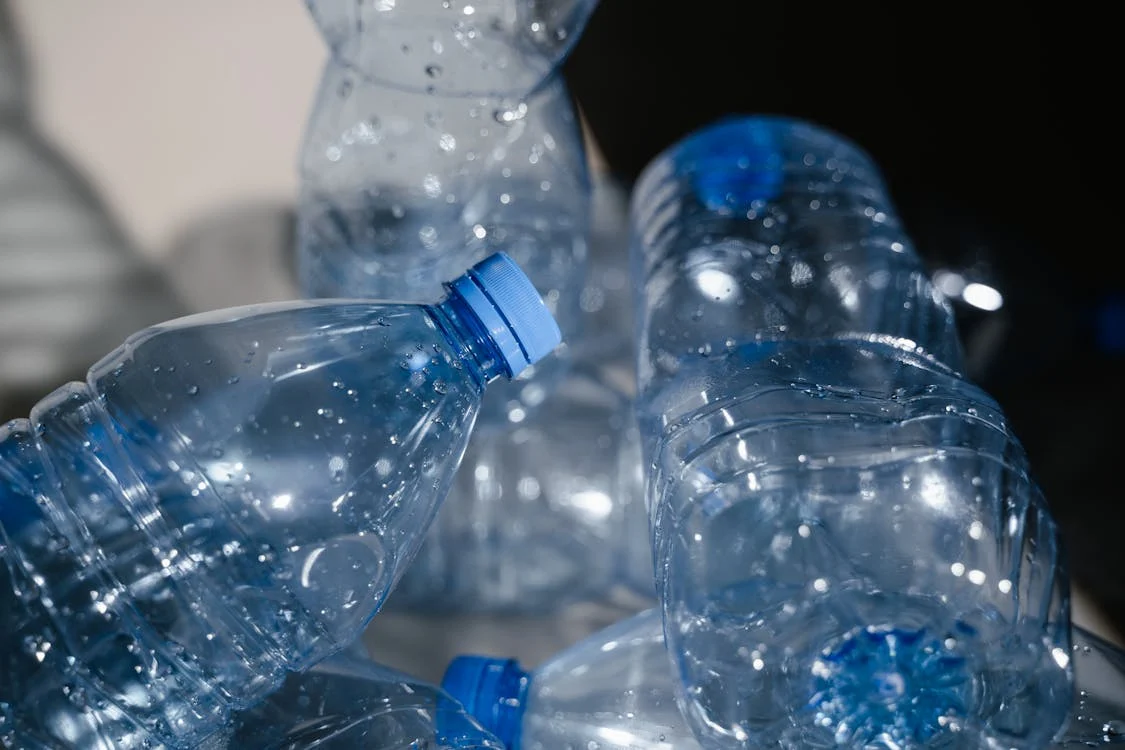
Bisphenol A (BPA) is a synthetic industrial chemical used in making plastics and resins strong, durable, heat-resistant, transparent, and lightweight. This means BPA is present in many everyday items, including reusable plastic tableware, water bottles, the lining of soda and food cans, and thermal paper receipts.
Why BPA is a Concern
BPA is classified as an endocrine disruptor because its molecular structure is similar to the hormone estrogen. Once inside the body, BPA can bind to estrogen receptors and interfere with normal hormonal signaling, potentially disrupting developmental and reproductive processes.
Research has linked BPA exposure to several health issues, including:
- Hormone disruption
- Reduced fertility
- Elevated risks of breast and prostate cancer
- Metabolic disorders and cardiovascular disease
How Exposure Happens
BPA primarily enters the body through three main pathways:
- Ingestion: From food and drinks stored in containers lined with BPA, or when plastic is heated.
- Skin Absorption: From handling thermal paper receipts.
- Inhalation: From microplastic particles containing BPA found in indoor dust.
The “BPA-Free” Reality
While many manufacturers now market “BPA-free” products, these items are often made with Bisphenol S (BPS). Although less studied than BPA, BPS shows similar hormonal activity and potential health risks. To be more reliably free of hormone-disrupting bisphenols, the best choice is often a non-plastic alternative.
Simple Steps to Reduce Exposure
You can significantly limit your exposure with these easy, practical changes:
- Choose Non-Plastic: Switch to glass or stainless steel containers for food storage and drinks.
- Avoid Heating Plastic: Never microwave plastic food containers, as heat causes bisphenols to leach faster.
- Limit Canned Goods: Reduce consumption of canned food and drinks, as most are lined with BPA. Opt for fresh or frozen alternatives.
- Be Smart with Receipts: Opt for electronic receipts or decline paper ones. Wash your hands immediately after handling any thermal receipt, and avoid applying hand sanitizer right after, as it can increase skin absorption.
- Keep Your Home Clean: Regularly clean floors and dust to minimize bisphenol residues found in indoor dust.
CONTACT
Better health and wellness is just a click or call away
UPCOMING EVENTS
CLOSED
March 7Daylight Savings Time Begins
March 8Dr Shay AM ONLY
March 11NO Dr Shay
March 12





